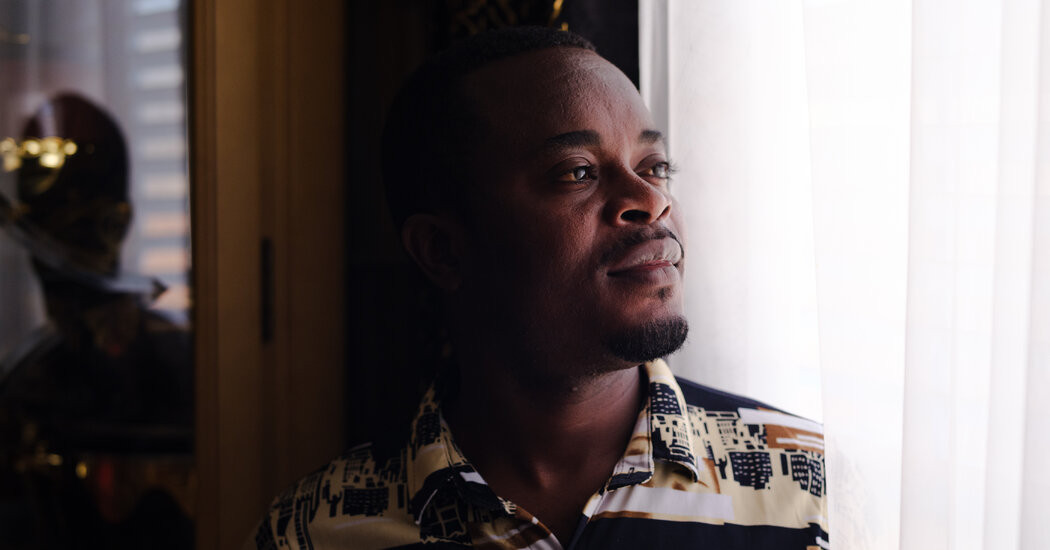

The United States has banned most refugees, including 20,000 people who were already ready to travel to the United States before President Trump took office. But Mr. Trump is making one exception.
Almost immediately after taking office, President Trump began shutting down refugee resettlement programs, slashing billions of dollars in funding and making it all but impossible for people from scores of countries to seek haven in the United States.
With one exception.
The Trump administration has thrown open the doors to white Afrikaners from South Africa, establishing a program called “Mission South Africa” to help them come to the United States as refugees, according to documents obtained by The New York Times.
Under Phase One of the program, the United States has deployed multiple teams to convert commercial office space in Pretoria, the capital of South Africa, into ad hoc refugee centers, according to the documents. The teams are studying more than 8,200 requests expressing interest in resettling to the United States and have already identified 100 Afrikaners who could be approved for refugee status. The government officials have been directed to focus particularly on screening white Afrikaner farmers.
The administration has also provided security escorts to officials conducting the interviews of potential refugees.
By mid-April, U.S. officials on the ground in South Africa will “propose long-term solutions, to ensure the successful implementation of the president’s vision for the dignified resettlement of eligible Afrikaner applicants,” according to one memo sent from the embassy in Pretoria to the State Department in Washington this month.
The administration’s focus on white Afrikaners comes as it effectively bans the entry of other refugees — including about 20,000 people from countries like Afghanistan, Congo and Syria who were ready to travel to the United States before Mr. Trump took office. In court filings about those other refugees, the administration has argued that core functions of the refugee program had been “terminated” after the president’s ban, so it did not have the resources to take in any more people.